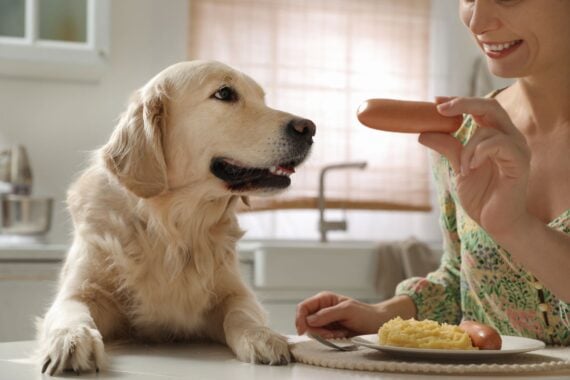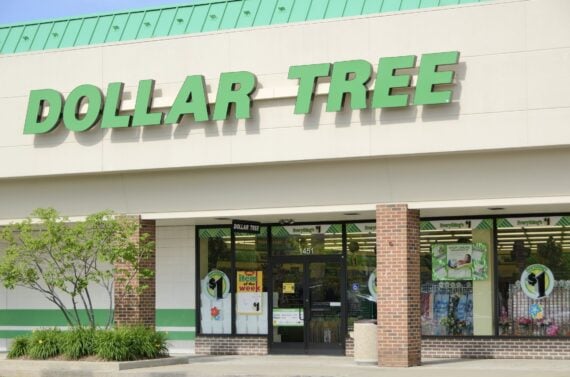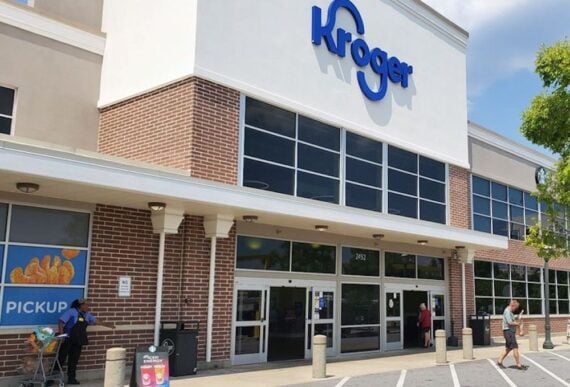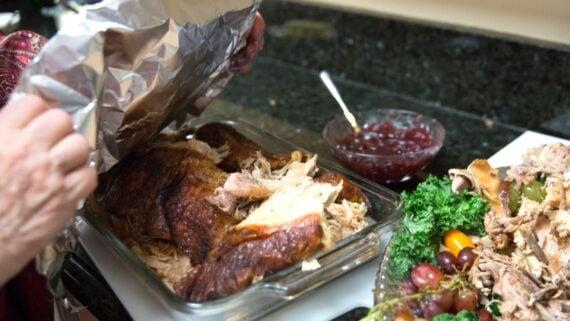While it might be tempting to share everything with your dogs — including your leftovers — there are certain indulgences that should never be extended to our canine friends. Most pet owners know, for instance, that human medicine and chocolate have no place in a dog’s diet. But other life-threatening foods, like yeasted bread dough or sugar-free gum, aren’t so obvious or well known. To keep your furry friends safe, we’ve created a list of 15 foods that are bad for dogs.
1. Alcohol
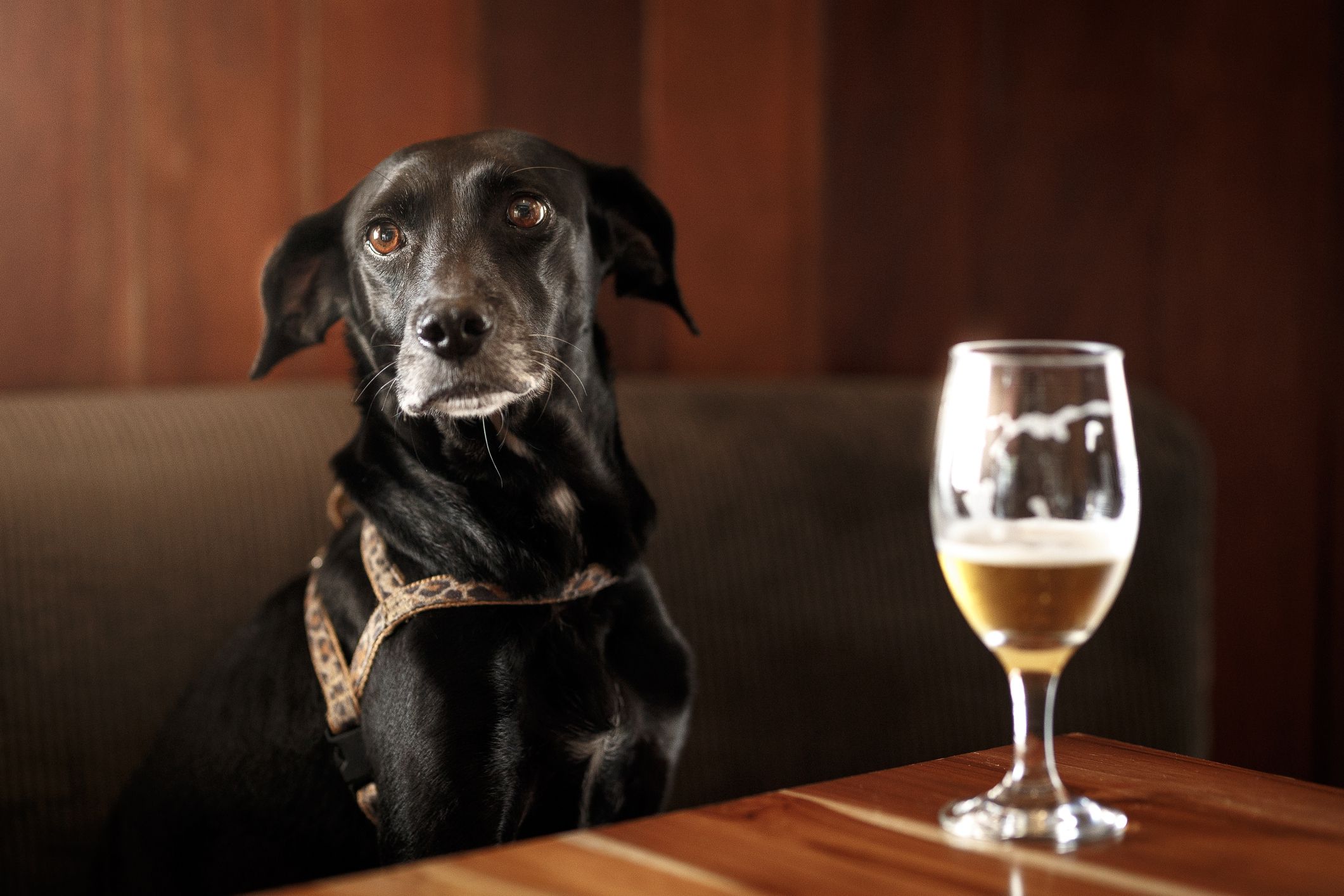
As much as you might want to crack a cold one with your best friend, dogs should never drink alcohol. That’s because alcohol is toxic to dogs, according to the American Kennel Club, which adds that even a small amount of beer could poison a small dog. Other ingredients in alcoholic beverages — xylitol, chocolate, coffee, and spices — could also be poisonous.
2. Avocados
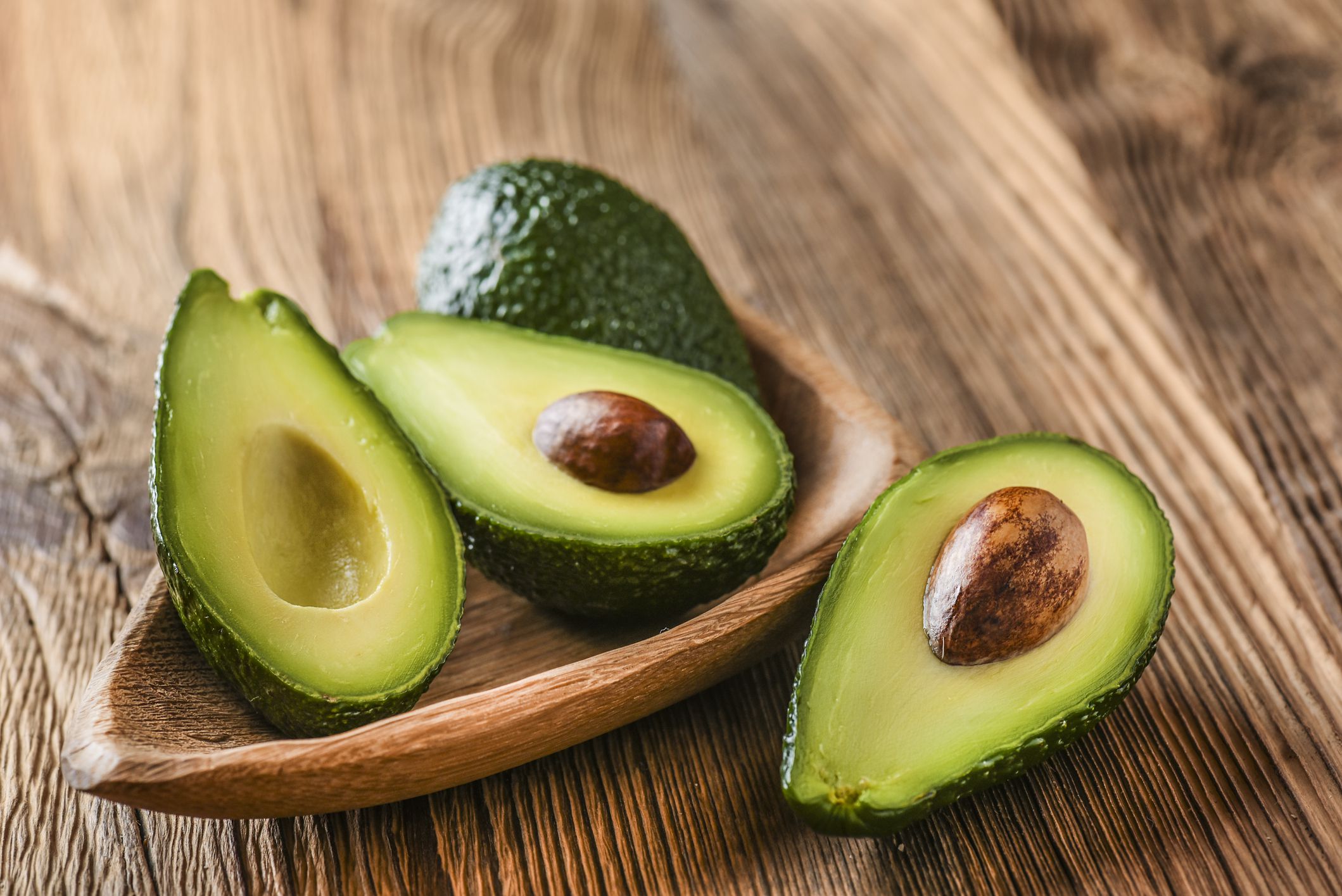
Every avocado contains a fungicidal toxin called Persin. While the low concentrations of this compound in avocado flesh likely won’t kill dogs (it’s deadly for larger animals), it can cause health problems in large amounts, according to Purina. What’s more, avocados present other risks to dogs because they’re high in fat and are a choking hazard.
3. Candy
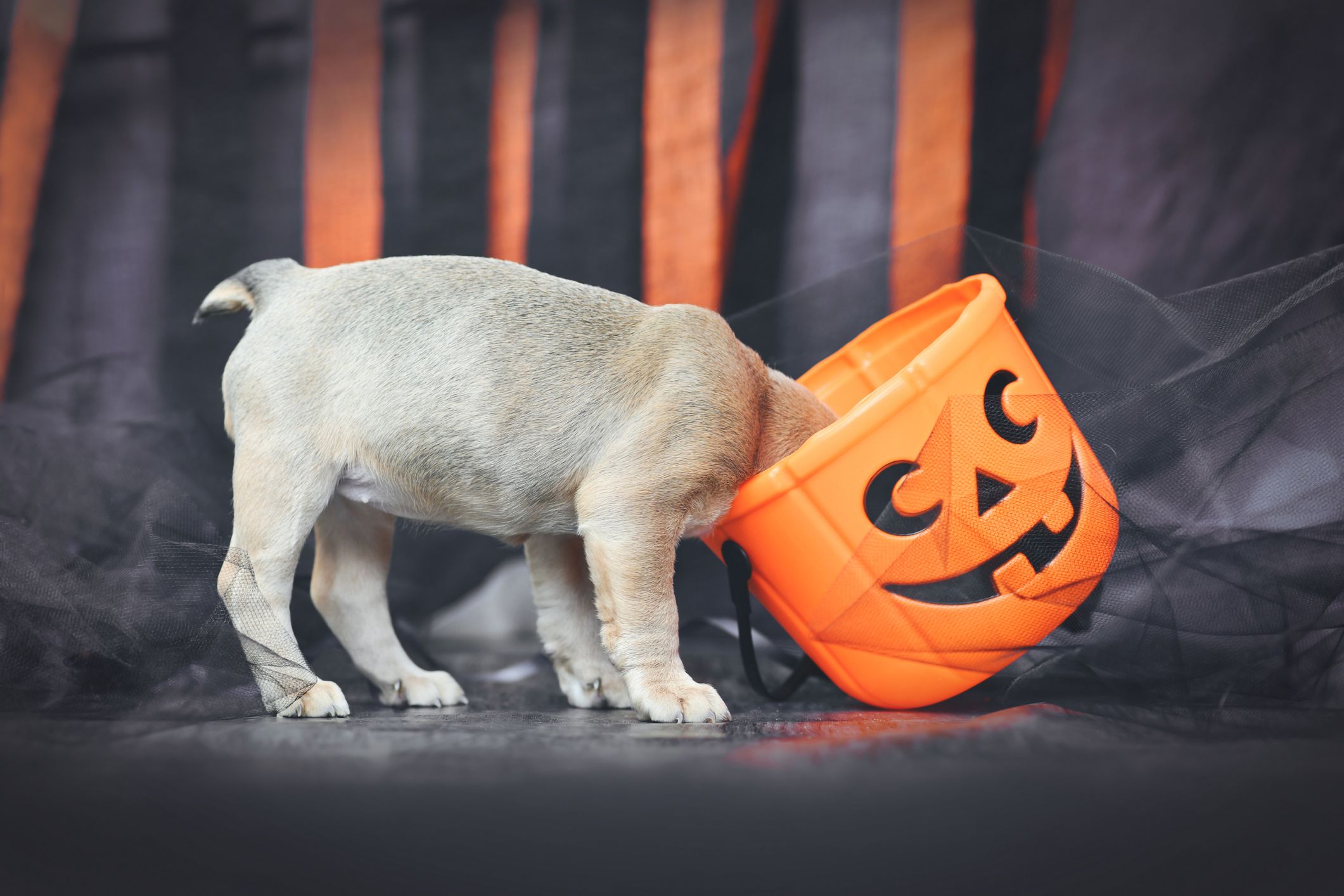
Even the most benign, chocolate- and nut-free candy bar can be harmful to dogs, if only because it’s high in sugar and/or fat. And some sweet treats, namely those that contain xylitol and chocolate, can be deadly. So no matter how much Fido begs for a Snickers or a stick of gum, don’t give in or else you could find yourself at the vet.
4. Chocolate
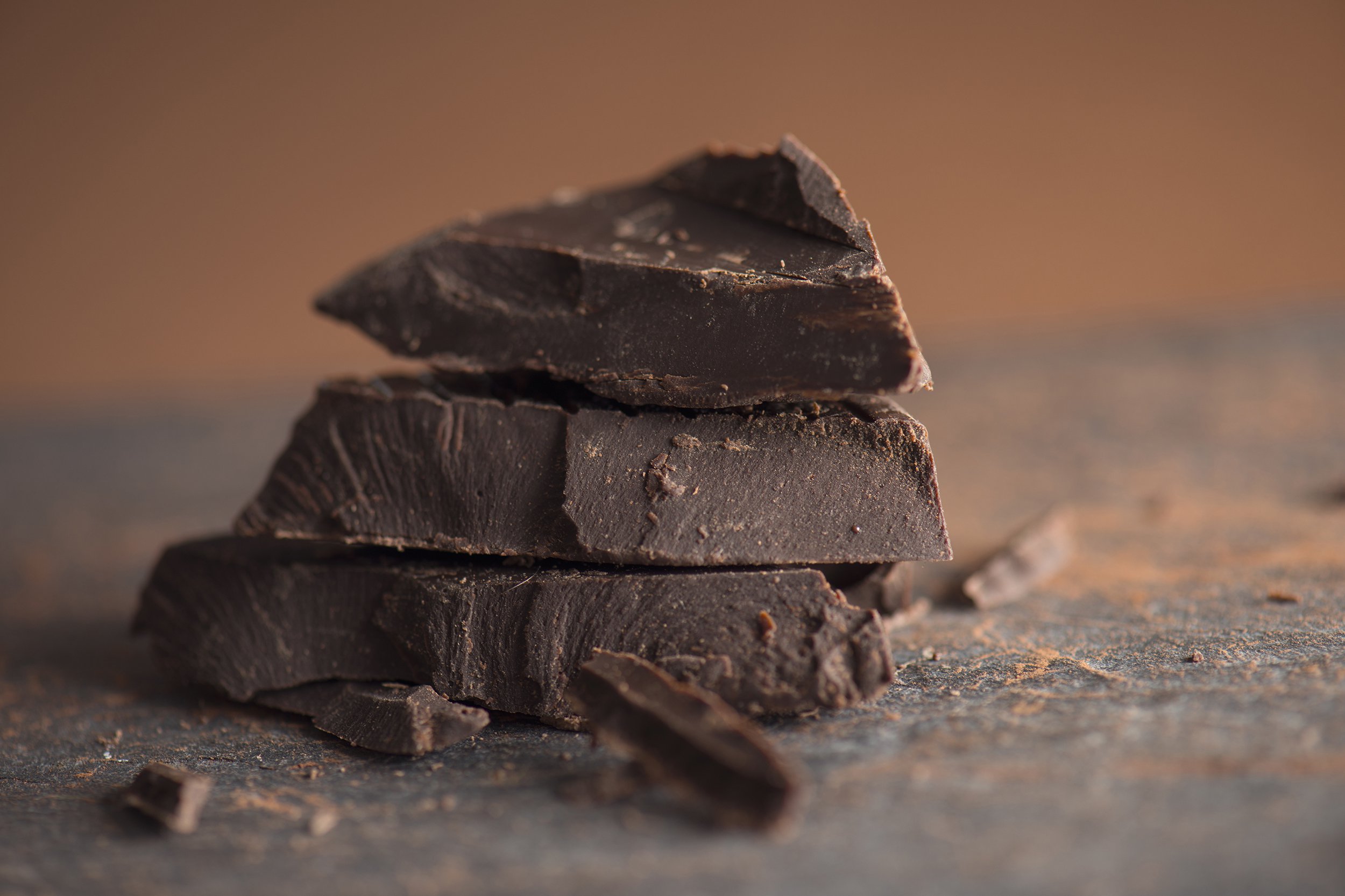
According to the Merck Veterinary Manual, chocolate is toxic to dogs because of two compounds: caffeine and theobromine. When ingested, both compounds can be lethal, causing potentially life-threatening heart and central nervous system problems.
5. Coffee
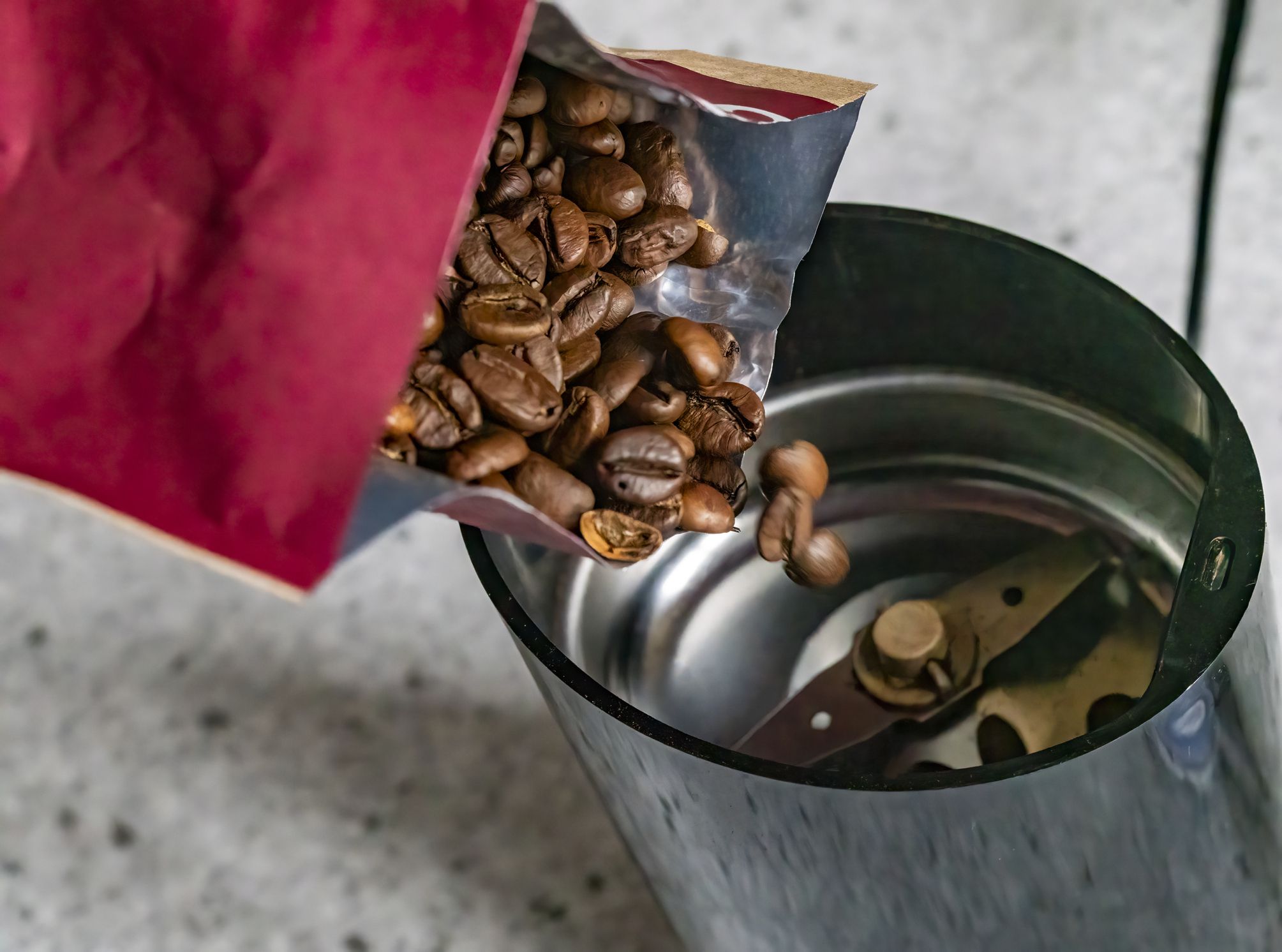
Whether it’s coffee, soda, tea, or Red Bull, your dog should stay away from caffeine. According to PetMD, caffeine affects dogs similarly to humans except that it’s much stronger. The worst-case scenario is that your pet ends up hospitalized or even dead, especially if they develop a rapid or irregular heartbeat.
For more pet care tips and tricks, please sign up for our free newsletters.
Trending on Cheapism
6. Dairy Products
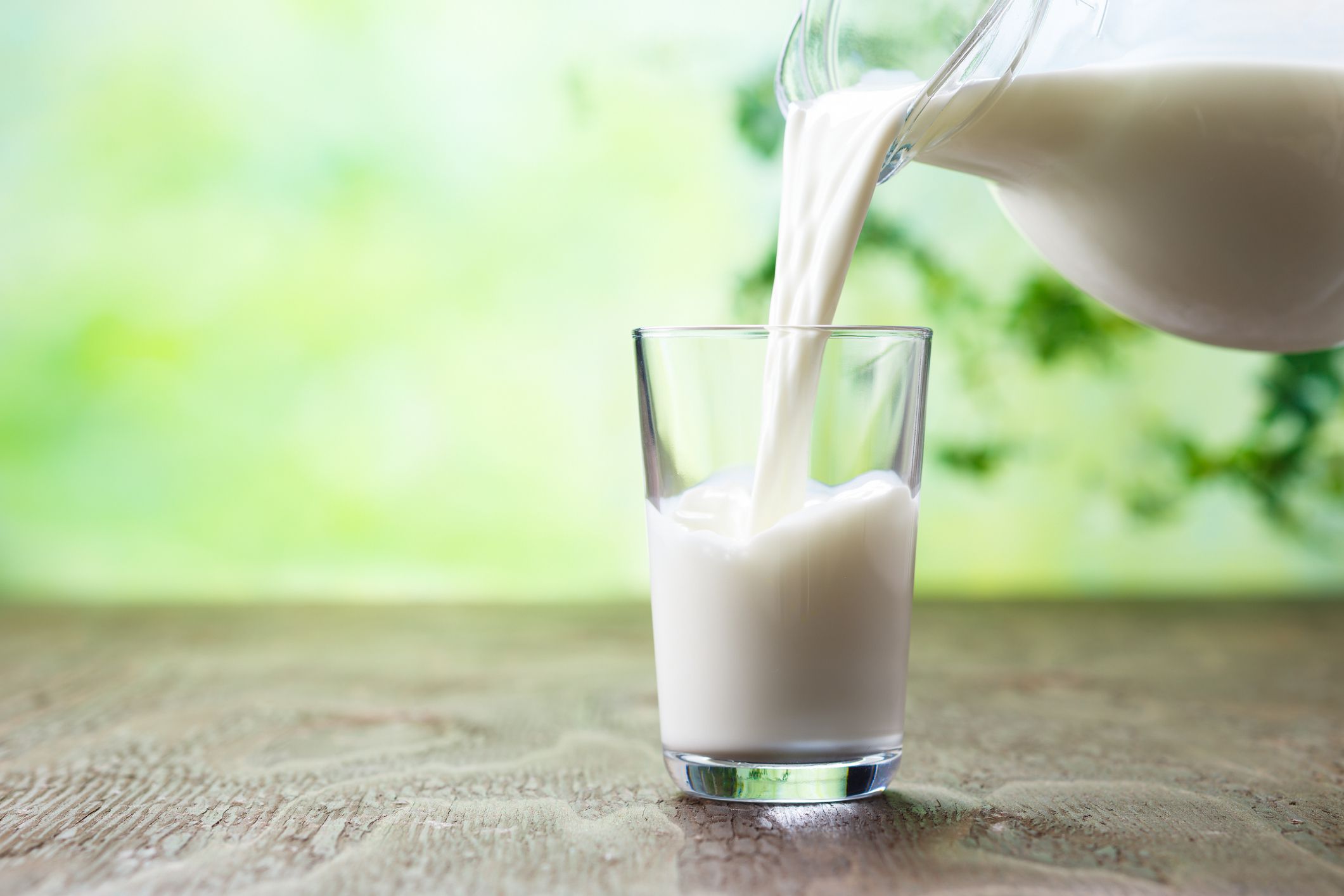
The leading source of food intolerance in dogs? Dairy products, the American Kennel Club says. That’s because most canines are lactose intolerant, meaning that they have trouble digesting lactose, the sugar naturally found in milk. While small amounts of dairy may be OK for your pup, they should only be given to your dog in moderation, if at all.
7. Fatty Foods
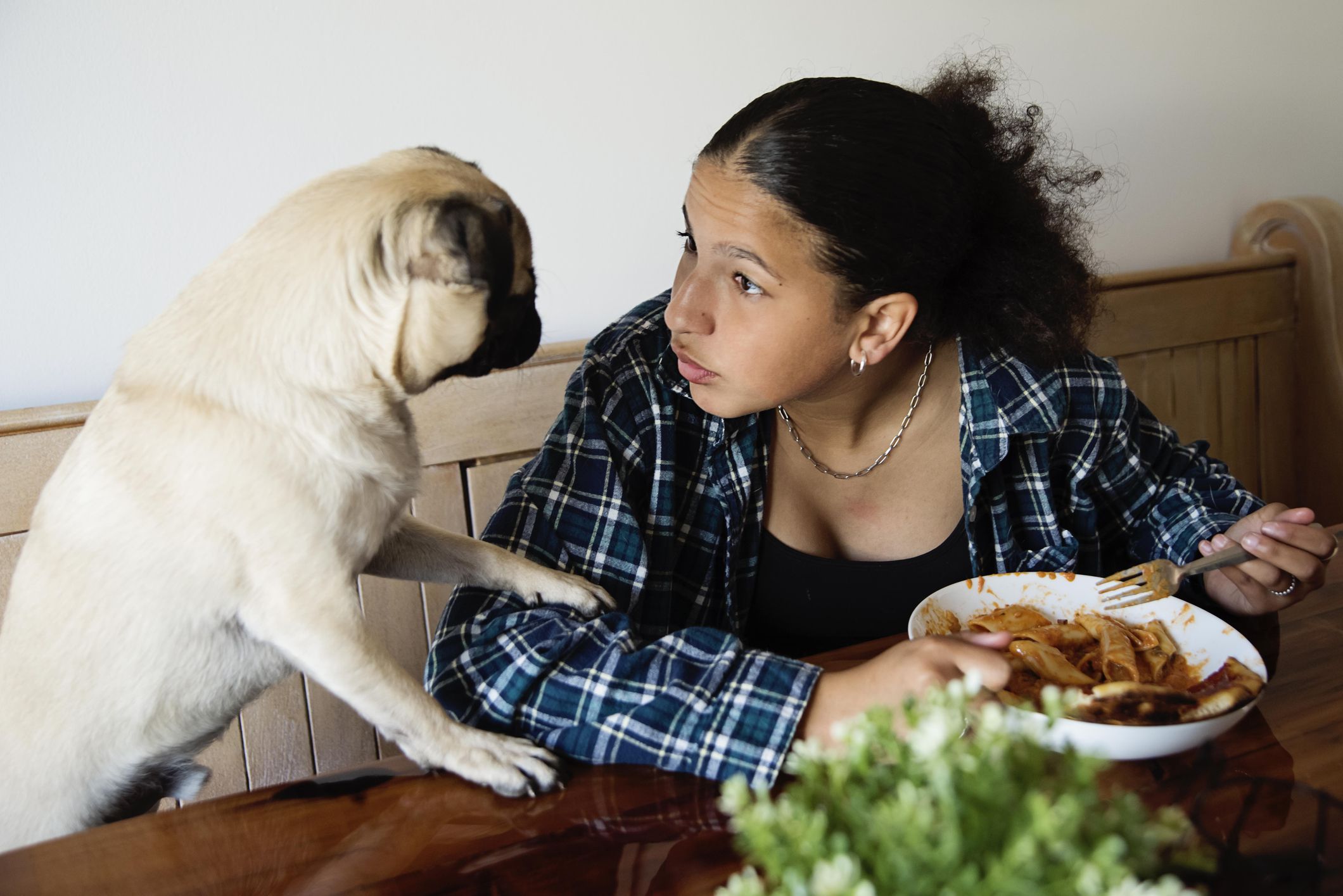
An occasional bite of a hot dog or other fatty human foods won’t kill your dog (provided, of course, that it isn’t toxic). Ideally, however, you shouldn’t feed dogs foods high in fat, as they’re susceptible to pancreatitis, according to the American Kennel Club. Thanksgiving, the organization explains, is particularly busy for vets because of all the fatty food scraps that end up sending dogs to the emergency room for pancreatitis.
8. Garlic, Onions, and Leeks
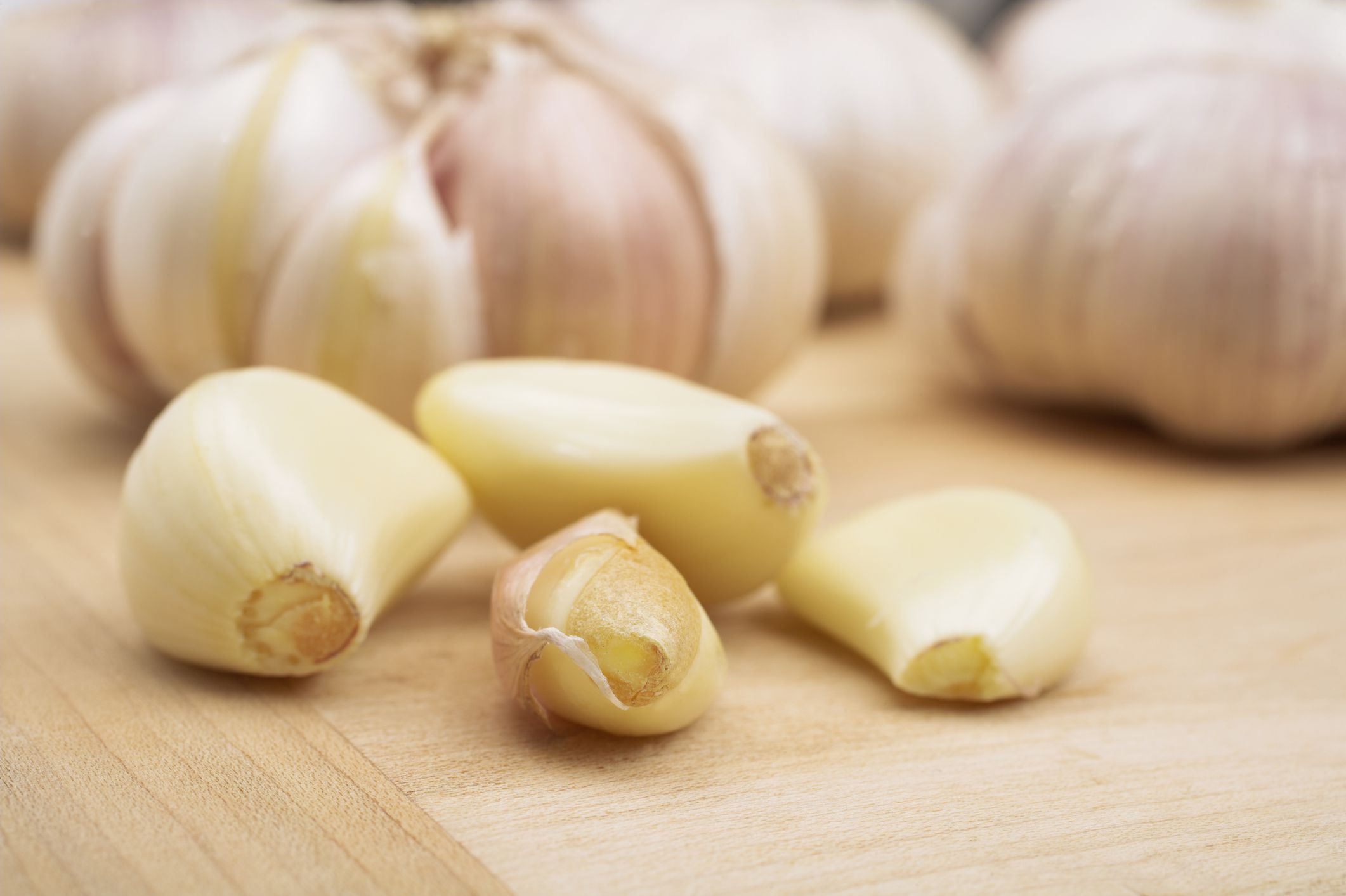
According to PetMD, garlic, onions, and leeks all belong to the same genus and contain two compounds that are toxic to dogs: N-propyl disulfides and thiosulfates. Both damage the animal’s red blood cells, leading to poisoning and death in dogs.
Sign up for our newsletter
9. Grapes
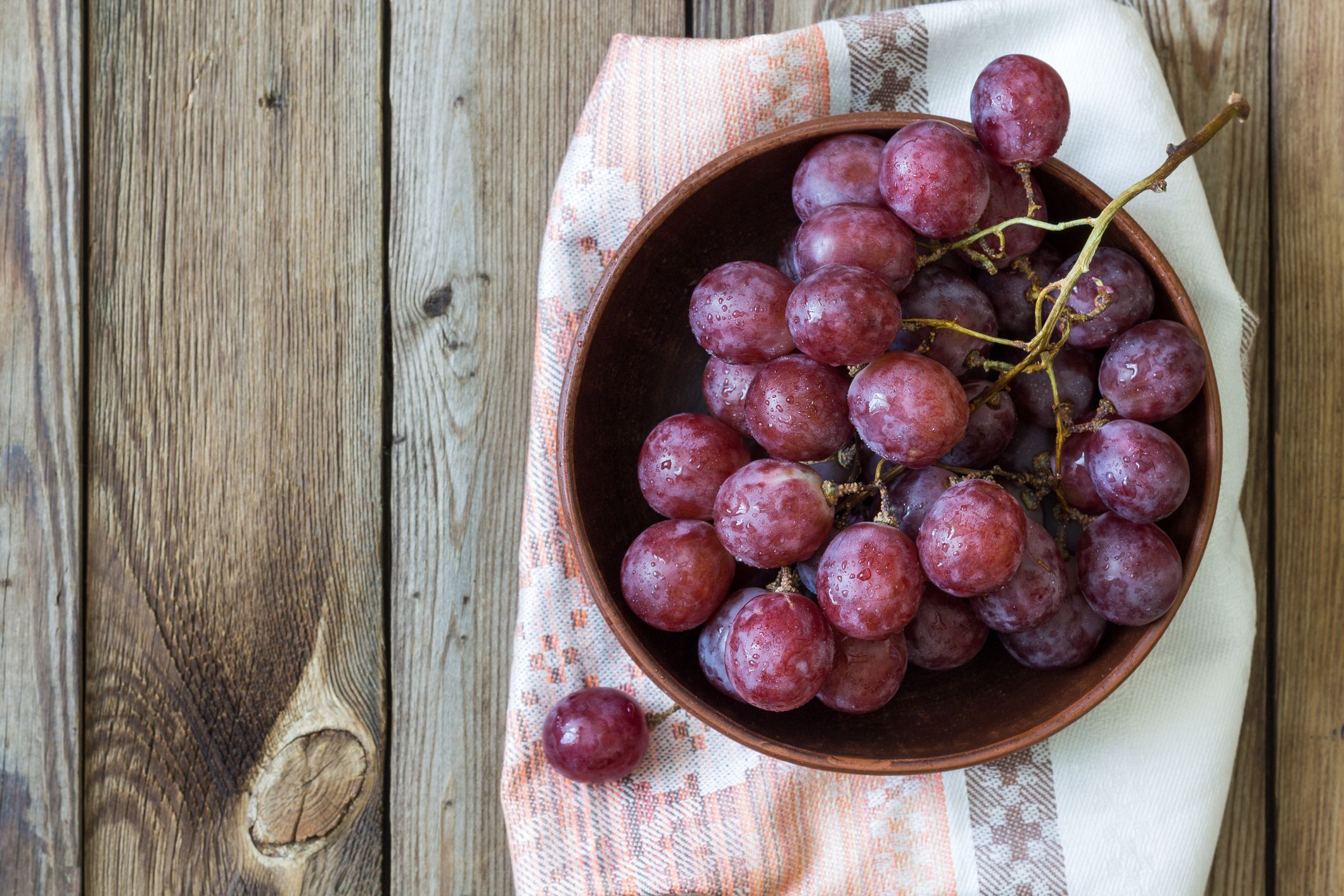
Grapes are similarly life-threatening to our furry friends, as they can cause kidney failure even in small amounts, according to WebMD. This includes grape products, such as raisins or grape juices, jellies, and jams.
10. Nuts
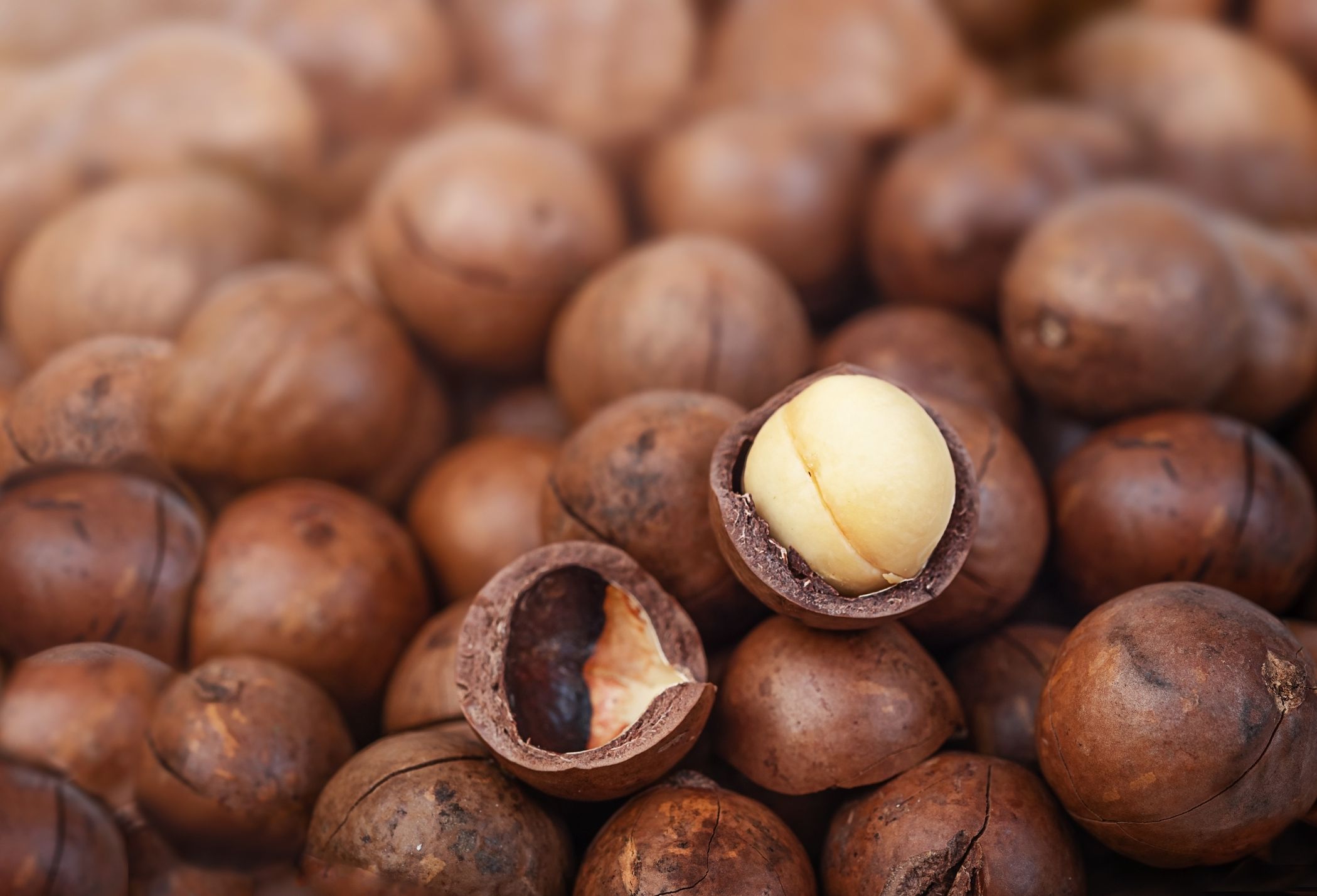
Although it’s OK to feed your dog a bit of peanut butter or the occasional cashew, macadamia nuts can cause vomiting, tremors, trouble walking, and increases in body temperature in canines, according to Dr. Maritza Perez, a veterinarian who spoke to PetMD last year. The American Kennel Club also warns that all nuts — regardless of their toxicity — are a choking hazard and can lead to weight gain and pancreatic issues.
11. Raw Bread Dough
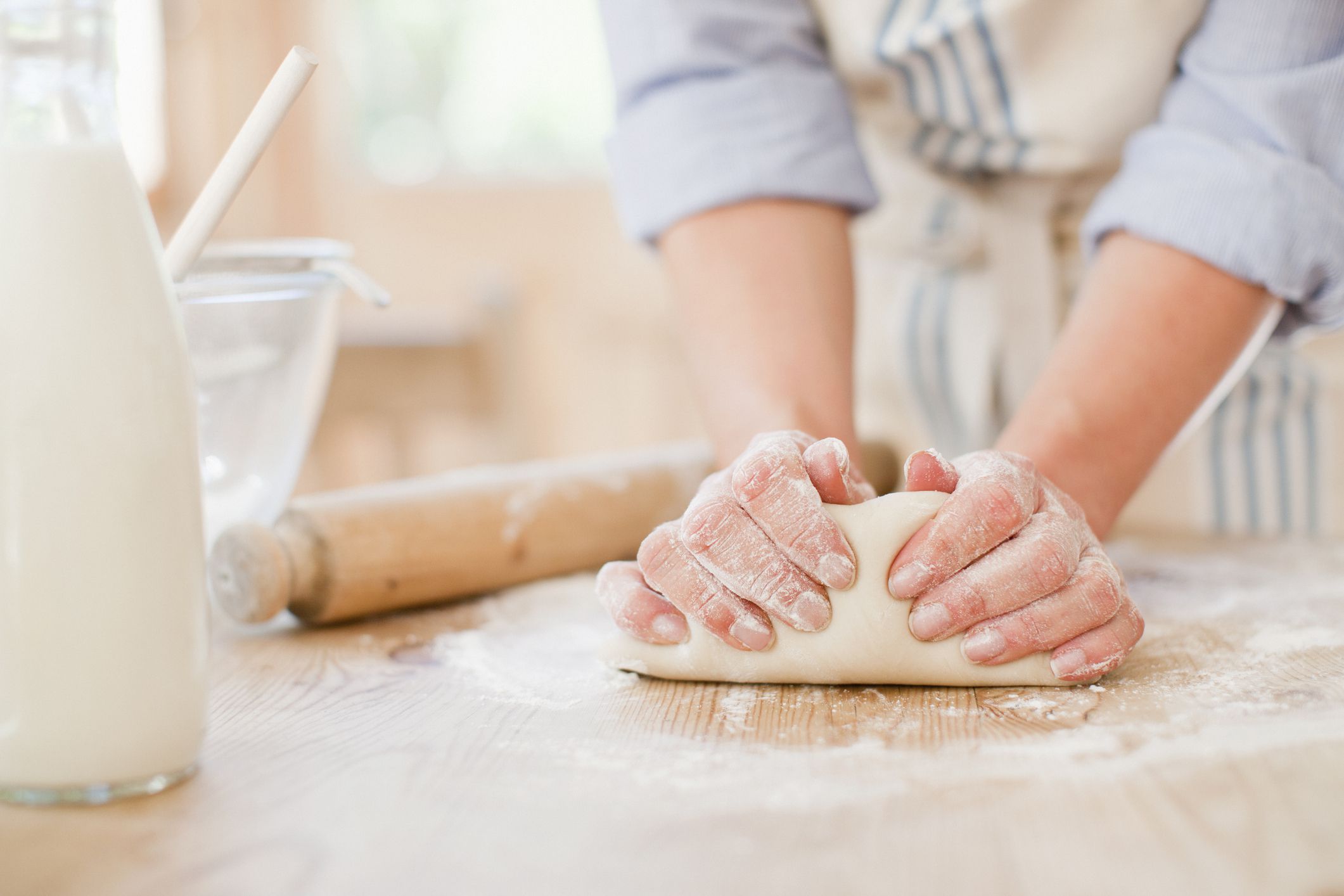
While small amounts of baked bread are fine for dogs, uncooked yeasted dough may continue to ferment in an animal’s stomach, according to the American Society for the Prevention of Cruelty to Animals (ASPCA). This can lead to alcohol poisoning and aspiration, both of which require immediate treatment.
12. Stone Fruits
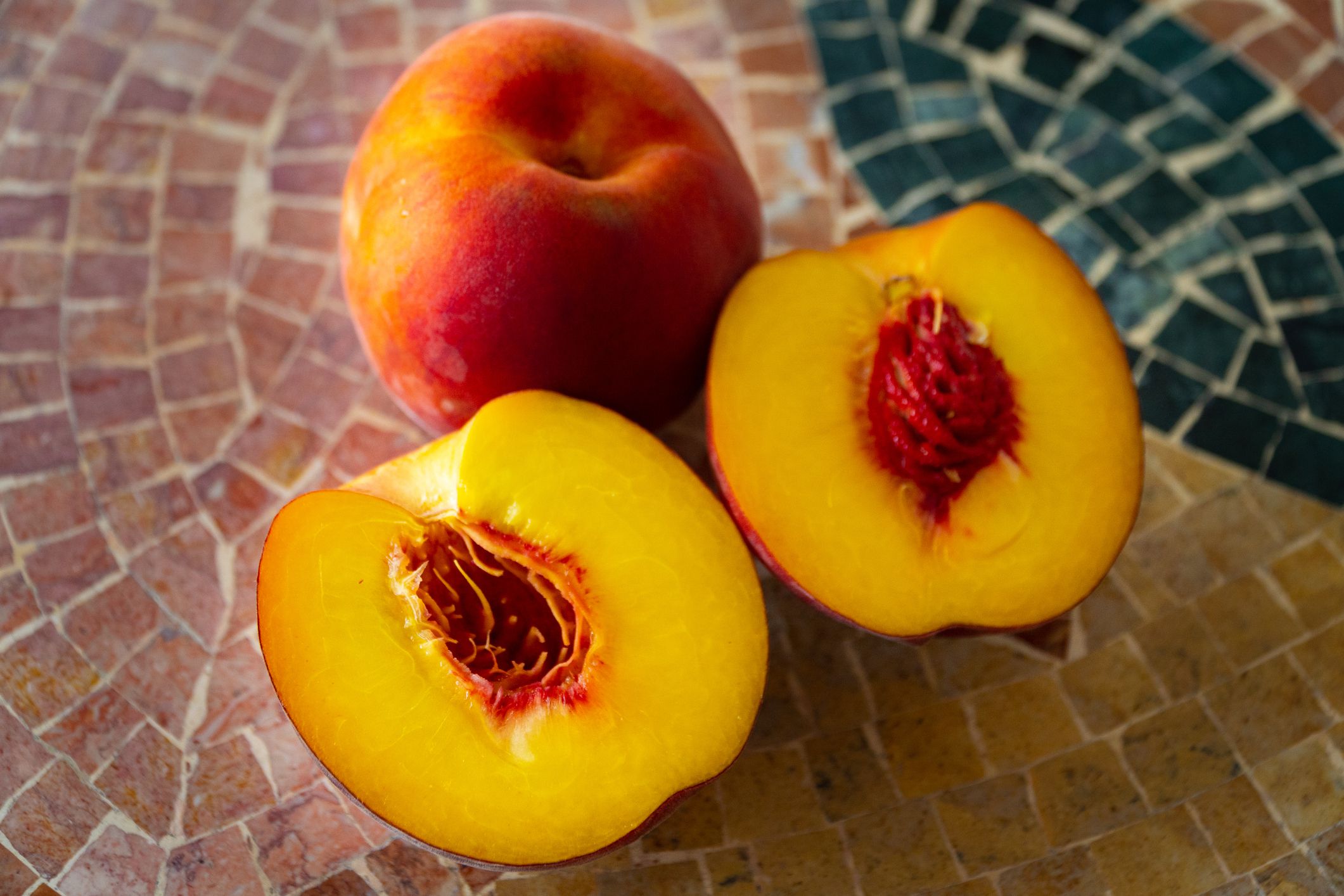
Stone fruits like peaches and nectarines aren’t necessarily toxic to dogs, but their pits are a choking hazard and contain a compound that turns into cyanide when digested. To avoid complications, stick to dog-friendly fruits, such as apples, bananas, and blueberries.
13. Spoiled Foods
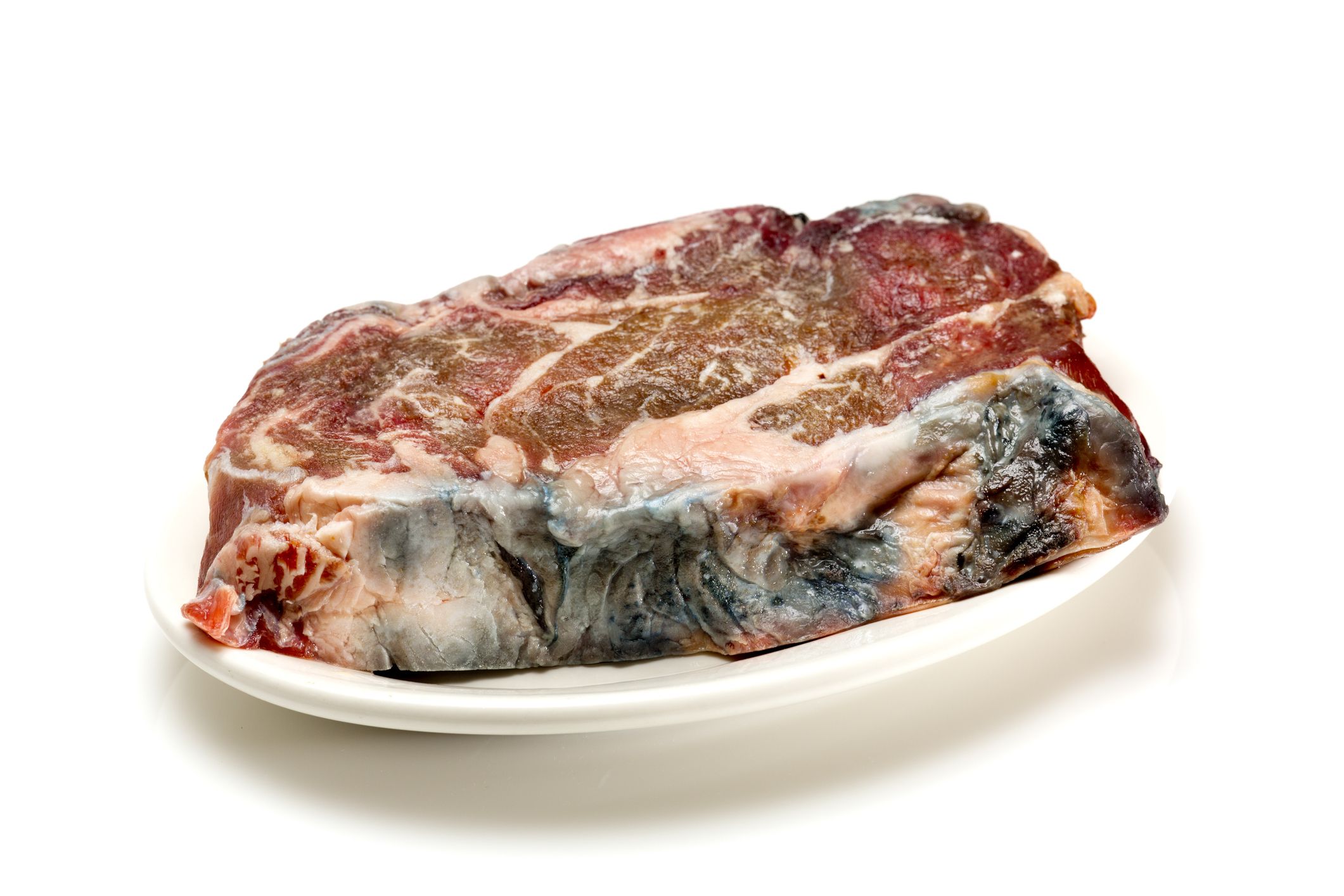
Your dog may be willing to eat anything you put in front of its snout, but that doesn’t mean you can feed it rancid food. Like humans, animals can suffer from food poisoning, says Dr. Katie Tolbert, clinical associate professor at the Texas A&M School of Veterinary Medicine & Biomedical Sciences.
Related: 13 Cheap Pets That Are Easy to Take Care Of
14. Tea
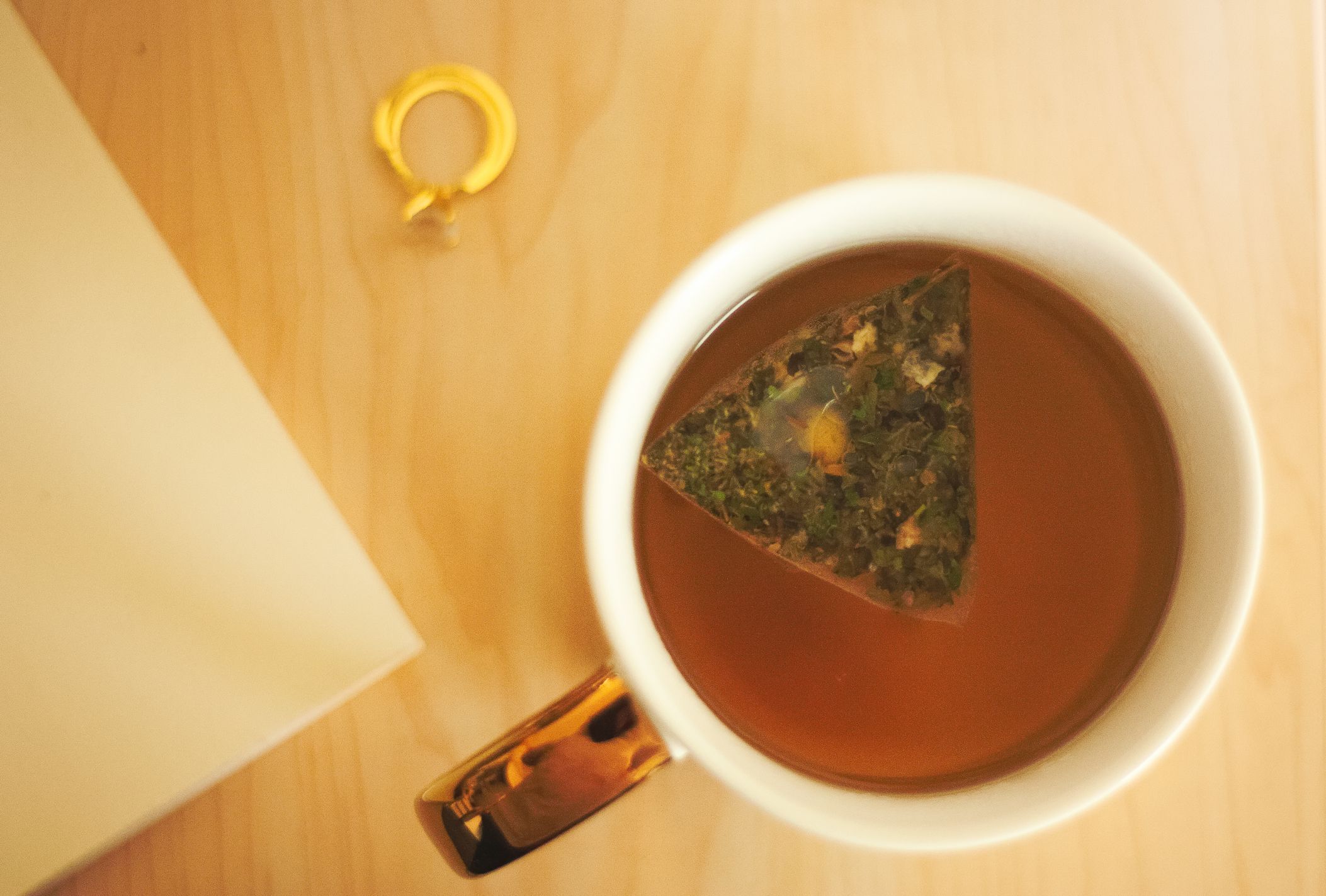
Tea, like coffee and chocolate, is toxic to dogs because it contains caffeine. Not only will caffeine raise a dog’s blood pressure, but it can also cause heart arrhythmias and seizures, according to VCA Animal Hospital.
Related: The Best Costco Dog Food, According to Experts
15. Xylitol
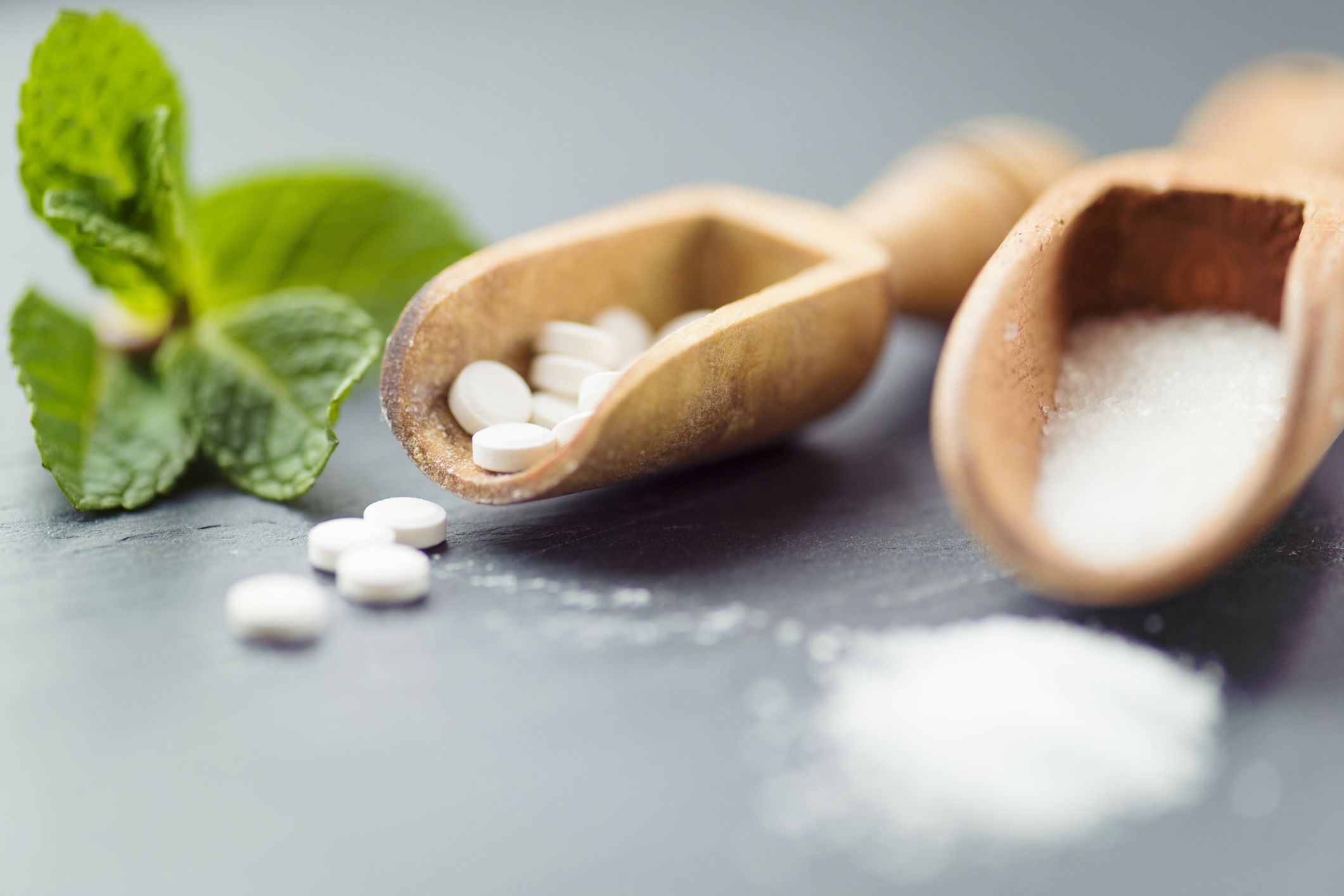
When a dog ingests the popular sugar substitute xylitol, it could result in a rapid and life-threatening release of insulin, the Food and Drug Administration warns. Because of how potent xylitol is for canines, it’s important to keep your dog away from low- and sugar-free products, such as breath mints, gum, sugar-free desserts, vitamins, cough syrup, and toothpaste.
Related: Cute Dog Breeds That Make Terrible Pets
What To Do If Your Dog Eats Something It Shouldn’t
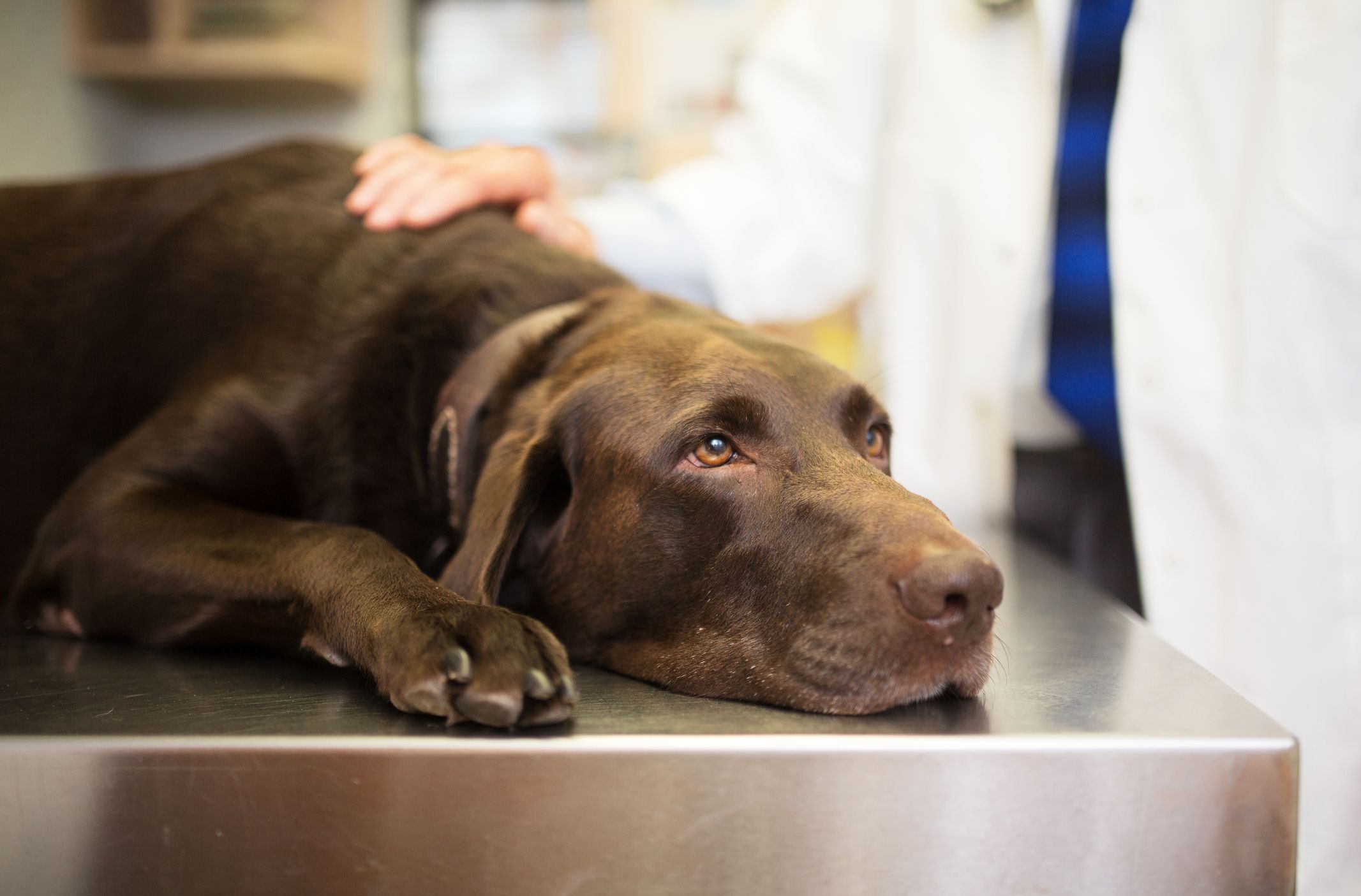
If you think your dog has eaten something with xylitol or another life-threatening item from this list, don’t hesitate to call your local vet, an emergency clinic, or the ASPCA’s Animal Poison Control Center (APCC) at 888-426-4435.
